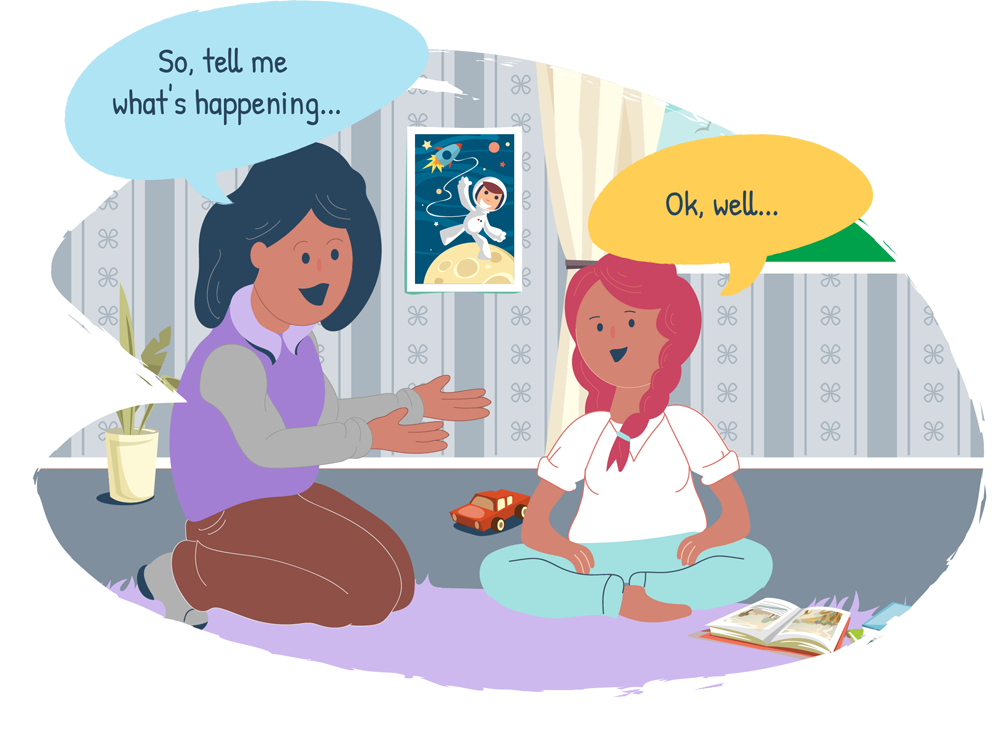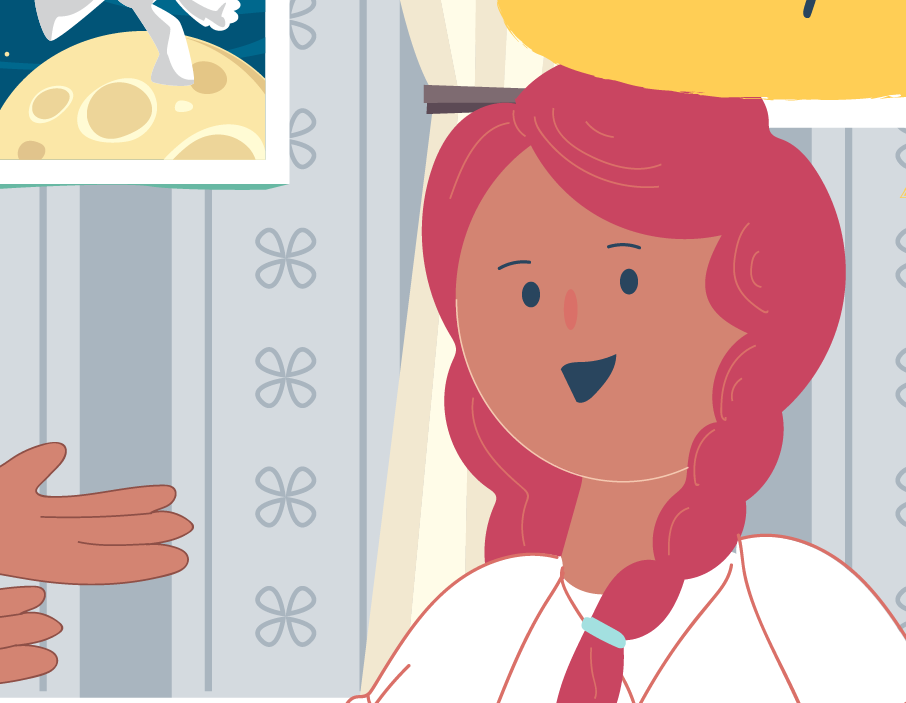Communication tips
Young people often tell Kids Helpline they find it difficult to communicate with their parents. Here are some tips around helping you and your child communicate well together.

What is great communication?
Conveying our message is only one part of communication. Great communication goes further and allows us to build trust, self-esteem and strong healthy relationships.
- Great communication is a two-way process. Listening is as important as talking
- Your child’s brain is still developing including learning to handle their emotions and communicate well
- Successful communication with your child depends on what, how, when, where and why you say things. What you don’t say is also important!
Communication styles
The way we communicate differs based on gender, cultural background, age and the situation.
It’s likely you and your child have different communication expectations because of the generation gap.
However, in general there are three communication styles. The first is more helpful when compared with the other two.
“Kids learn to communicate through watching those around them. They need us to show them how” – John, parent of a 17 year old
How can you support great communication with your child?
It’s easy to expect more of your child than they can give. They are on an emotional (and hormonal) rollercoaster during certain stages of growing up.
Here are some ideas to help you be a great communication role model:
Notice your own communication style and make changes if aggressive or passive
Encourage face-to-face instead of electronic or online communication
Teach your child about the three communication styles
Hit pause – take time to calm down, think and then talk further
Plan how, where and when to talk – also know what not to say
Summarise to your child what you heard them say
Ask questions and share concerns, rather than assume and criticise
Don’t avoid conflict – calmly take the lead in facing it
What if communication has broken down?
You might feel powerless when you and your child can’t talk effectively about difficult matters.
You could try sticking to safe topics, while you work out what to do
Tell them you care and will do all you can to work this out
Sometimes it can help to have a calm third person involved to support communication between you
If you have concerns about your child’s development of communication skills for their age, check in with your doctor
Remember, you and your child are not alone - they can talk to Kids Helpline and you can talk to a Parentline counsellor in your State or Territory
Check these out too:
Building respectful relationships
As a parent, you play an important role in helping your kids ...
READ MEBuilding healthy family relationships
Healthy family relationships are important for your child’s wellbeing and development. ...
READ MECultural differences and conflict
Our kids’ wellbeing is impacted by cross cultural issues, often through discrimination ...
READ MEHow Parentline can help you
Parenting can be a tough job but also really rewarding. Talking to ...
READ METalking helps! We’re here for your kids.
No problem is too big or too small.
We're here 24 hours a day, 7 days a week






